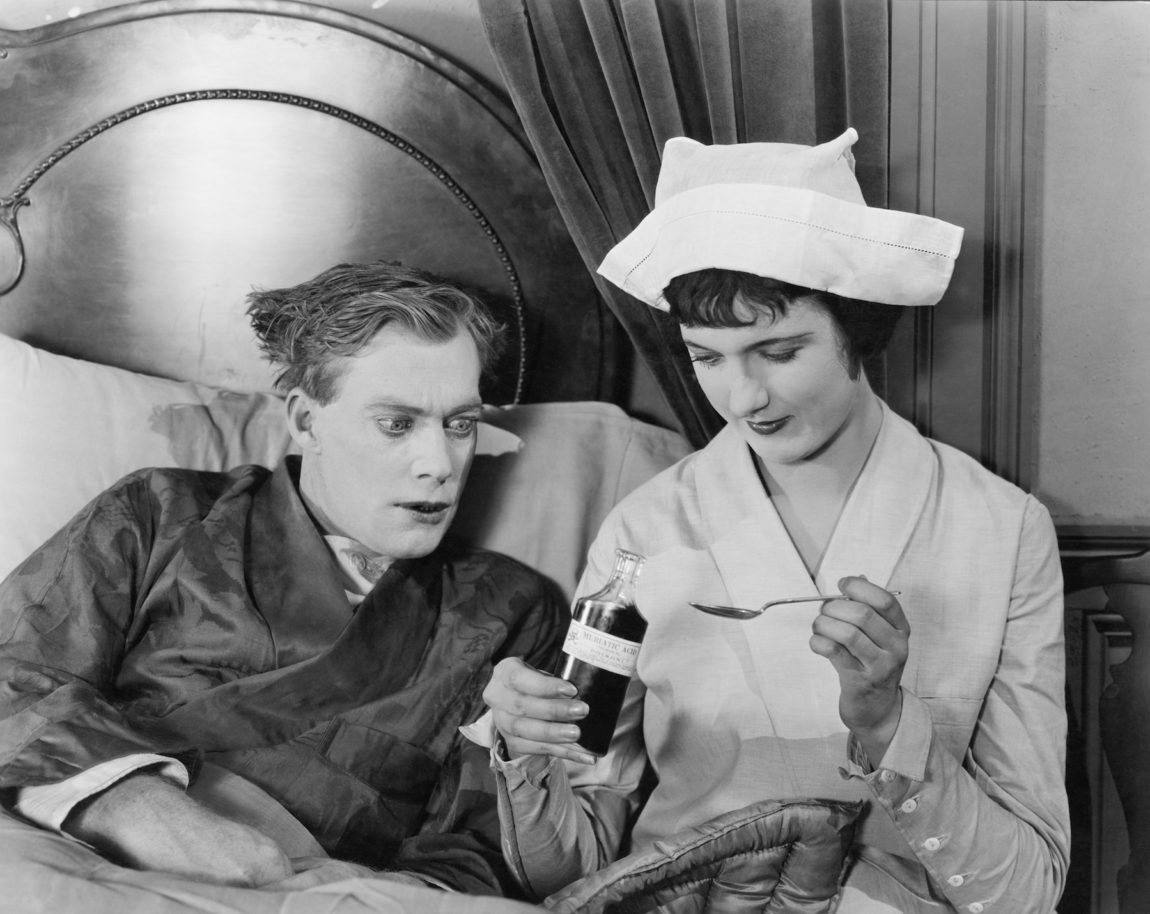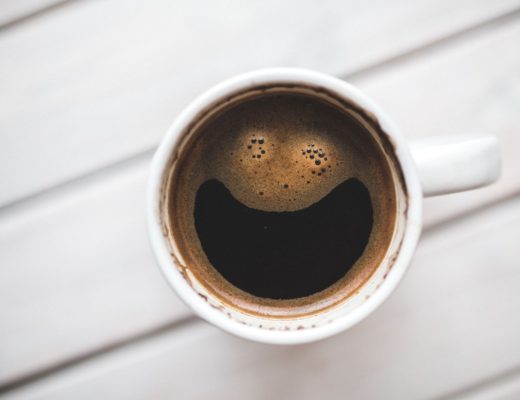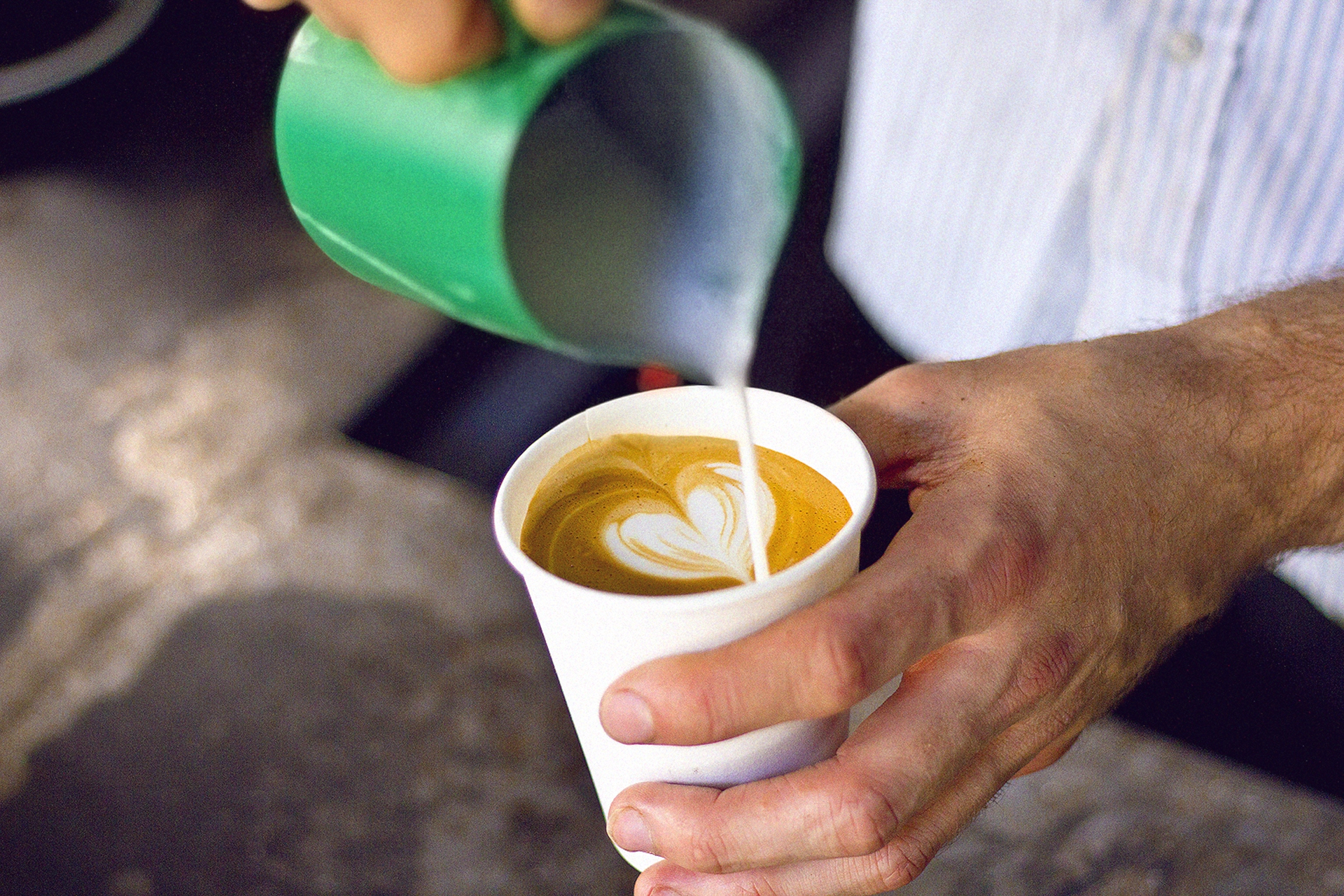It’s official: there appear to be major health benefits of coffee!
Researchers have set out to determine the health benefits of coffee as well as the potential health risks associated with coffee consumption through numerous studies.
A study recently published in the British Medical Journal titled “Coffee consumption and health: umbrella review of meta-analyses of multiple health outcomes” may be the most powerful and important study yet.
Coffee consumption and health
I’d like to start with a few basics about this article before we discuss what the researchers found.
Researchers from the University of Southampton performed an umbrella review, a specific type of analysis. In an umbrella review researchers search, examine, and combine all data from already published meta-analysis studies. Taking a step back, a meta-analysis is a type of scientific study that combines data from numerous prior scientific studies.
So putting all of this together–the study we are talking about is a compilation of a TON of prior research examining coffee and health outcomes.
Cause or Correlation?
I would like to point out another very important thing about this research.
In scientific and medical research there are two basic approaches: observational and interventional research. In observational research scientists observe something as it is happening or after it has already happened. On the other hand interventional research (commonly called randomized controlled trials) occurs when a researcher changes the environment and watches what happens as a result.
Here’s are examples to compare the difference:
- Observational study: I observe 1,000 people by grouping them into coffee drinkers and non-coffee drinkers. I then examine what kind of health problems each person was and examine if there are differences between the two groups.
- Interventional study: I take 1,000 people that don’t currently drink coffee and assign 500 of them to start drinking 3 cups of coffee a day while the other group continues to not drink coffee. I then measure different health outcomes between each group.
There’s a reason for this much explanation. There is a huge difference between these types of studies and what the results mean.
Interventional studies show causation. “Coffee causes a lower risk of stroke” would be an example.
Observational studies cannot show causation and instead show a correlation or association. “Coffee consumption is associated with a lower risk of stroke” would be an example of a result of an observational study.
Almost all studies that examine the health benefits of coffee are observational studies. So basically all of what I’m about to tell you is an association.
However, I believe some of these are very strong and meaningful associations and health benefits. So lets get out of the weeds of scientific research and talk about how coffee is keeping you awake, happy, and alive!
Health Benefits of Coffee
Coffee consumption is associated with a 10% lower risk of death by all causes. The largest benefit occurs with the consumption of 3 cups of coffee a day. However, the data demonstrates a benefit with up to 7 cups a day!
Compared to non-coffee drinkers, coffee drinkers were less likely to die from cardiovascular disease. Cardiovascular benefits include the following:
- 19% lower risk of death from cardiovascular disease
- 16% lower risk of death from coronary artery disease
- 30% lower risk of death from stroke
Coffee drinkers had a decreased risk of developing and dying from a number of cancers including liver cancer, prostate cancer, endometrial cancer, melanoma, oral cancer, etc.
Some of the most consistent and convincing health benefits occur in the area of liver health. The data demonstrates clear and significant reduced risk of developing a variety of liver diseases.
- 29% lower risk of non-alcoholic fatty liver disease
- 27% lower risk of liver fibrosis
- 39% lower risk of cirrhosis
Coffee drinkers had a lower risk of developing Type 2 diabetes and gallstone disease.
Coffee drinkers had better neurological health outcomes. Benefits include a reduced risk of depression, Parkinson’s disease and Alzheimer’s disease!
Health Risks of Coffee
What about the risks associated with coffee? It can’t be all good can it?
Well…according to this new, large and powerful study it basically is all good.
The researchers of this study observed only two health risks associated with coffee.
- There is consistent evidence that high levels of coffee consumption are associated with harmful outcomes in pregnancy. Pregnancy loss, preterm labor, and low birth weight were all associated with high levels of coffee consumption. However, pregnant women who consumed small to moderate amounts of coffee did not experience similar adverse outcomes. Thus, a cup of coffee a day in pregnancy is probably okay.
- There is a questionable increased risk of fracture associated with high levels of coffee consumption. However, coffee drinkers who consumed small amounts of coffee did not experience an increased risk of fracture. Additionally, this risk was only seen in women.
Conclusion
The health benefits of coffee appear significant.
Coffee consumption is associated with a reduced risk of death, cardiovascular disease, stroke, a number of cancers, liver disease, diabetes, gallstones, depression, Parkinson’s disease, and Alzheimer’s disease.
The risks associated with coffee consumption only seem to present at high levels of consumption and include a variety of pregnancy complications and a slight increased risk of fracture in women.
We still don’t know if coffee consumption causes these health benefits or if these are just associations. Hopefully, future research can help shed some light on this topic. However, there are a number of healthy, antioxidant and cancer-fighting compounds in coffee, which could explain these health benefits.
It’s about time for me to make my 3rd cup of coffee for the day.
Cheers to your health friends!





4 Comments
Ananda
November 27, 2017 at 11:52 amAwesome! Are coffee drinkers thinner? It seems like some of the health conditions “averted” can be associated with weight (gallstones, endometrial cancer, NASH, etc) .. any data on weight? Also – how much coffee is safe in pregnancy???
Thanks!
Andrew
November 27, 2017 at 10:07 pmThe jury is still out on if coffee drinkers are thinner than non-coffee drinkers.
Several studies have demonstrated that people that consume large amounts of coffee tend to be thinner but the data on average consumption levels isn’t as clear.
Coffee may in fact help with weight loss. Caffeine increases thermogenesis, the process of burning calories. Plus, black coffee has very few calories so if you substitute a calorie-dense drink like soda for coffee that may also explain the impact on weight loss. From a hormonal basis of weight loss, coffee consumption has very little impact on insulin levels.
To my knowledge there are no studies that show a risk of low amounts of coffee consumption (1-2 8oz cups per day) in pregnancy.
Ananda
November 27, 2017 at 11:53 amFYI: The American College of Obstetricians and Gynecologists recommends limiting your caffeine consumption to fewer than 200 milligrams (mg) per day. That’s about what you’d get from drinking one 10-ounce cup of Starbucks coffee. What else is 200mg of cafeine? (Americano, esspresso? )
Andrew
November 27, 2017 at 10:13 pmAs a general rule an 8oz cup of coffee has 90-100 milligrams of caffeine. There is some variability between coffees types as well as brewing technique (brew time, temperature, and grind size) but this is a good general rule. So 2 cups of coffee per day would fall into that sub-200mg caffeine intake that is safe during pregnancy.
A standard double shot of espresso averages 80-100 mg of caffeine as well.